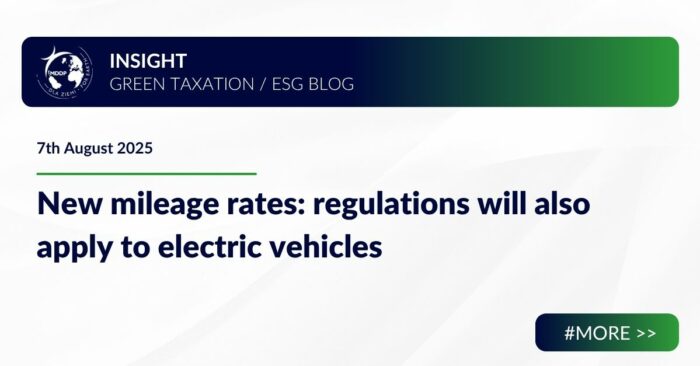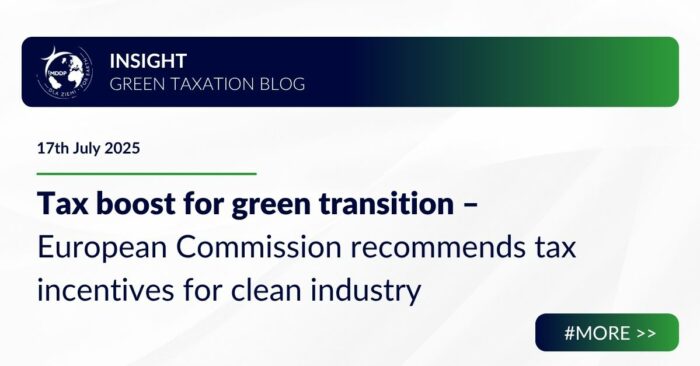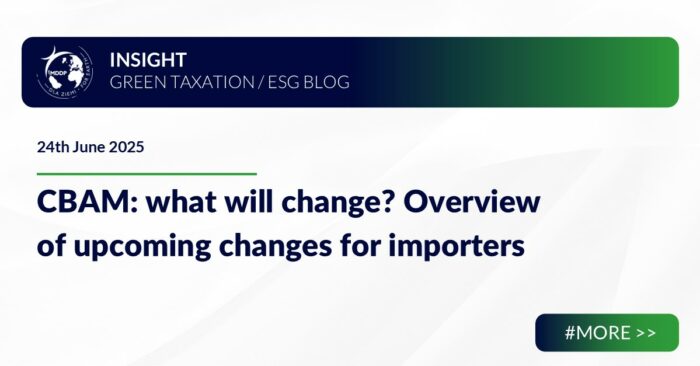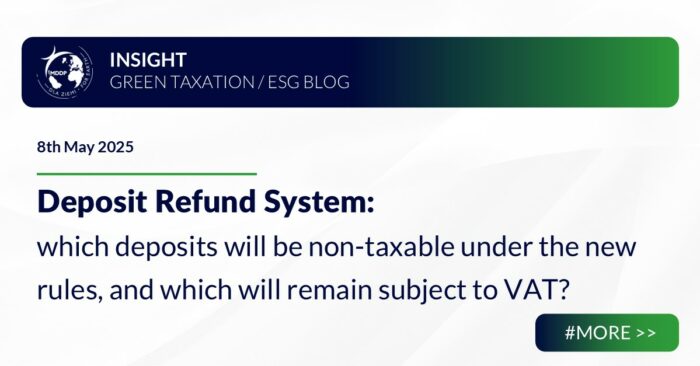Excise duty on alcohol used in biocidal products – judgment and implications for the industry
The Voivodship Administrative Court in Gliwice, in a non-final judgment (ref. III SA/Gl 895/24), upheld the position of the tax authorities and ruled that disinfectant liquid is subject to excise duty. Why is excise duty on biocidal alcohol controversial? Recently, excise duty on alcohol used in biocidal products has become a subject of dispute between…










